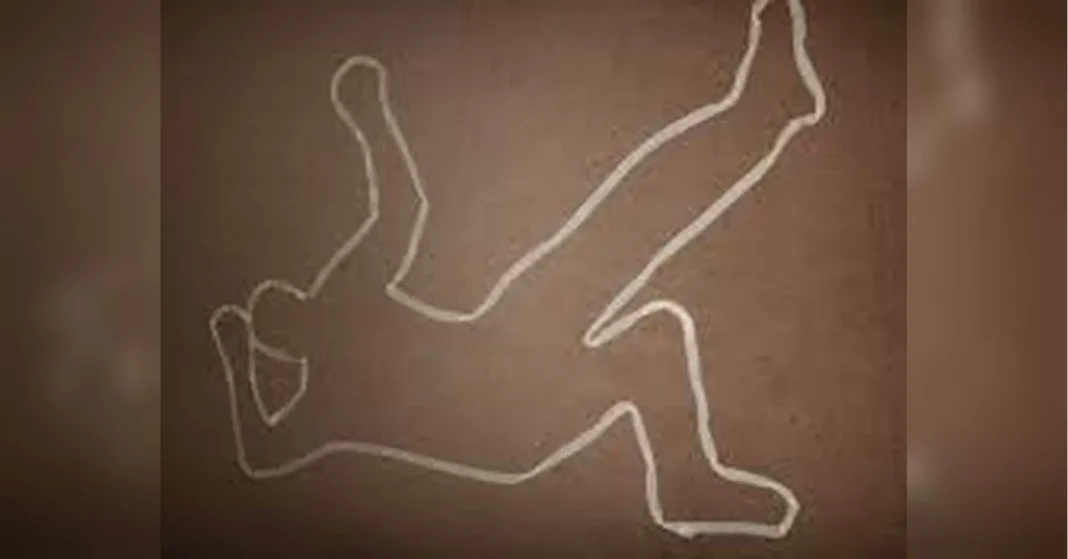On May 31, 2019, five Ukrainian teenagers were found brutally murdered in a forest in the German town of St. Johann. The victims, all young basketball players, had been on a training trip with their team when they were attacked and killed.
The shocking and tragic news of the murders quickly spread, sending shockwaves through both the Ukrainian and German communities. The victims were identified as 16-year-old Serhiy Voiko, 16-year-old Artur Antonenko, 17-year-old Svyatoslav Sheremet, 17-year-old Valeriy Kvachuk, and 16-year-old Roman Panchuk. They were all talented athletes from the Basketball Academy in Ukraine and had been invited to Germany to participate in a tournament.
The suspects in the case were two German brothers, aged 24 and 19, who were arrested shortly after the bodies were discovered. They were charged with the murder of the five teenagers and were awaiting trial. The motive for the brutal killings is still unknown, but it is believed that the brothers may have been influenced by far-right ideologies.
The start of the trial on January 6, 2020, marked a significant moment for both the victims’ families and the German justice system. The trial is being held in the district court of Landau, a town in southwestern Germany, and is expected to last for several months.
The families of the victims traveled from Ukraine to attend the trial, hoping to find closure and justice for their loved ones. They have been joined by a large group of supporters from both Ukraine and Germany, who have gathered outside the courthouse to show their solidarity and demand justice for the young victims.
The trial has also gained significant media attention, with journalists from both Ukraine and Germany covering the proceedings. It has sparked discussions and debates about immigration, hate crimes, and the rise of right-wing extremism in Germany.
The prosecution presented a detailed timeline of events and evidence, suggesting that the brothers had planned the murders in advance. They pointed to DNA evidence found at the crime scene and cellphone records as key pieces of evidence against the suspects.
The defense, however, argued that the evidence was circumstantial and lacked concrete proof of the brothers’ involvement in the murders. They also raised concerns about the investigation, claiming that the police had focused solely on the two brothers and failed to consider other potential suspects.
As the trial continues, the families of the victims and their supporters are calling for justice and closure. They hope that the trial will shed light on the tragic events that led to the deaths of five young, promising basketball players and bring some measure of peace to their grieving families.
In the wake of this horrific crime, there has been an outpouring of support and unity between the Ukrainian and German communities. People from all walks of life have come together to condemn the senseless act of violence and show their support for the victims’ families.
The trial has also highlighted the need for greater awareness and action against hate crimes and right-wing extremism. It has sparked important conversations about tolerance, acceptance, and the importance of standing up against hate and discrimination.
As the trial continues, we must remember the five innocent lives lost and honor their memory by advocating for a society free from violence and bigotry. Our hearts go out to the families and friends of the victims, and we hope that the trial will bring them the closure and justice they deserve.
In conclusion, the trial of the suspects in the murders of the five Ukrainian teenagers has begun in Germany, bringing some hope of closure for the victims’ families and raising important discussions about hate crimes and extremism. Let us stand together in solidarity and demand justice for the young victims.

